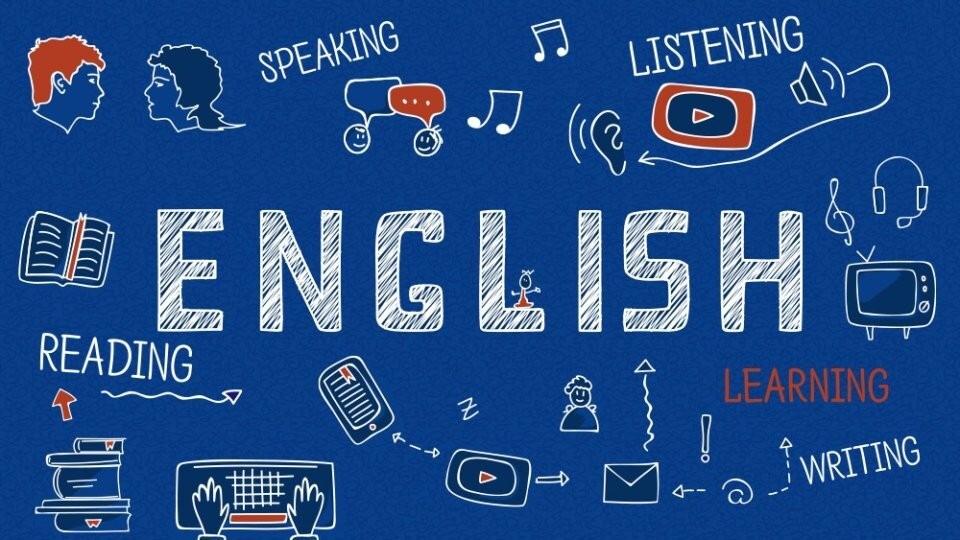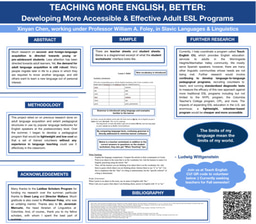Project Outline: EFL Resources for Under-Resourced Language Communities

Background
Currently, the vast majority of English as a Foreign Language (henceforth referred to as EFL) resources are devoted to young learners. These resources are based on the assumption that teaching only in the target language yields better results. However, from adolescence onwards, language pathways in the brain grow more rigid; thus, teaching adults foreign languages with the same methodology as teaching children may not be the most effective method.
Objectives and Research Questions
This project aims to reconsider what it means to teach English to adults who are not growing up in a bilingual or multilingual context, and do not benefit from the same neuroplasticity as younger students do. Many adult learners achieve better results when they are able to compare language facts; adult language learning is less of a "one-size-fits-all" approach (as youth language learning is) and more of a systematic evaluation of knowledge. Adult language instruction often relies on bilingual textbooks and study materials, much of which are prohibitively expensive in the U.S. or unavailable in non-metropolitan languages such as Haitian Creole, Wolof, or Pulaar.
I hope to remedy this lack of access by developing a comprehensive, lightweight, and affordable framework for adult-centered EFL education that incorporates bilingualism where appropriate and can be taught by a team of dedicated volunteers.
Methodology
First, I will conduct a literature review on adult EFL education practices. Then, by using comparative grammars and dictionaries, I will create a set of worksheets and example booklets as my research output. This example set will be based on Haitian Creole-English education, but the general framework can be broadly applied to any language.


Please sign in
If you are a registered user on Laidlaw Scholars Network, please sign in